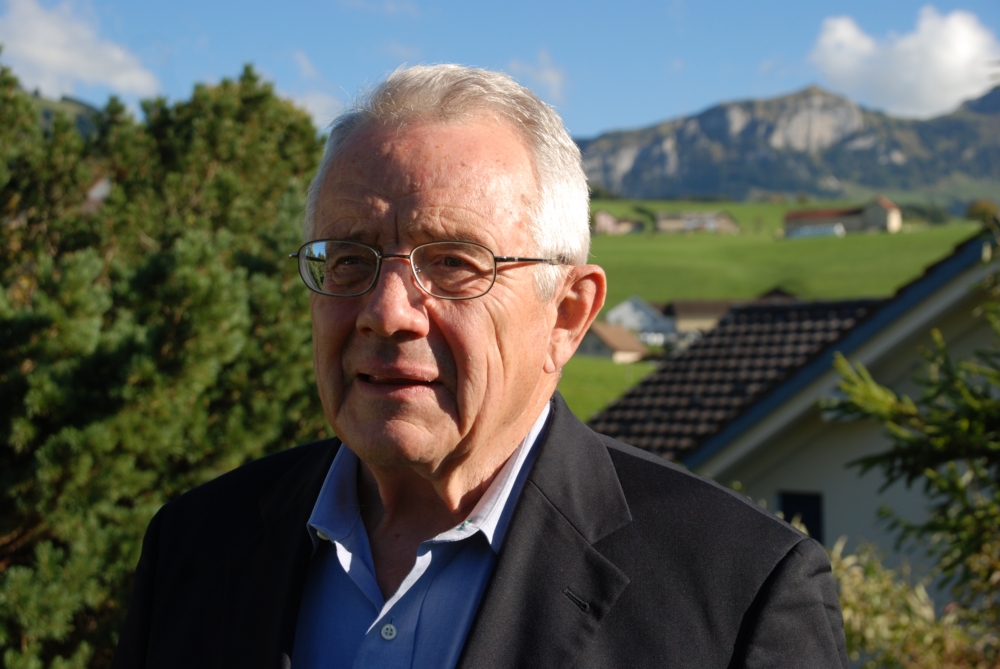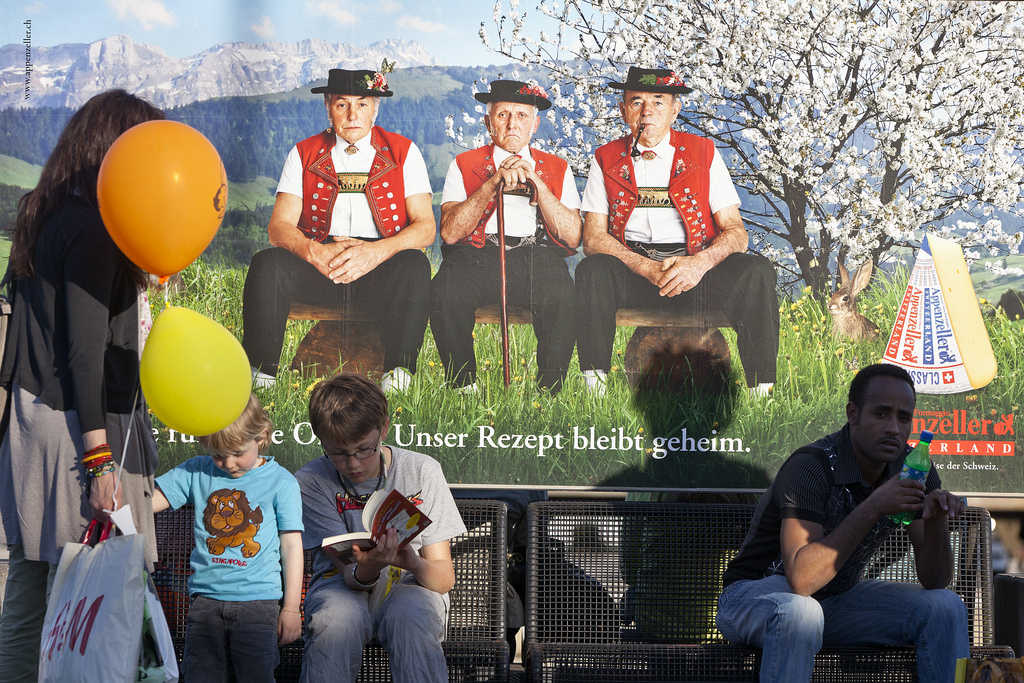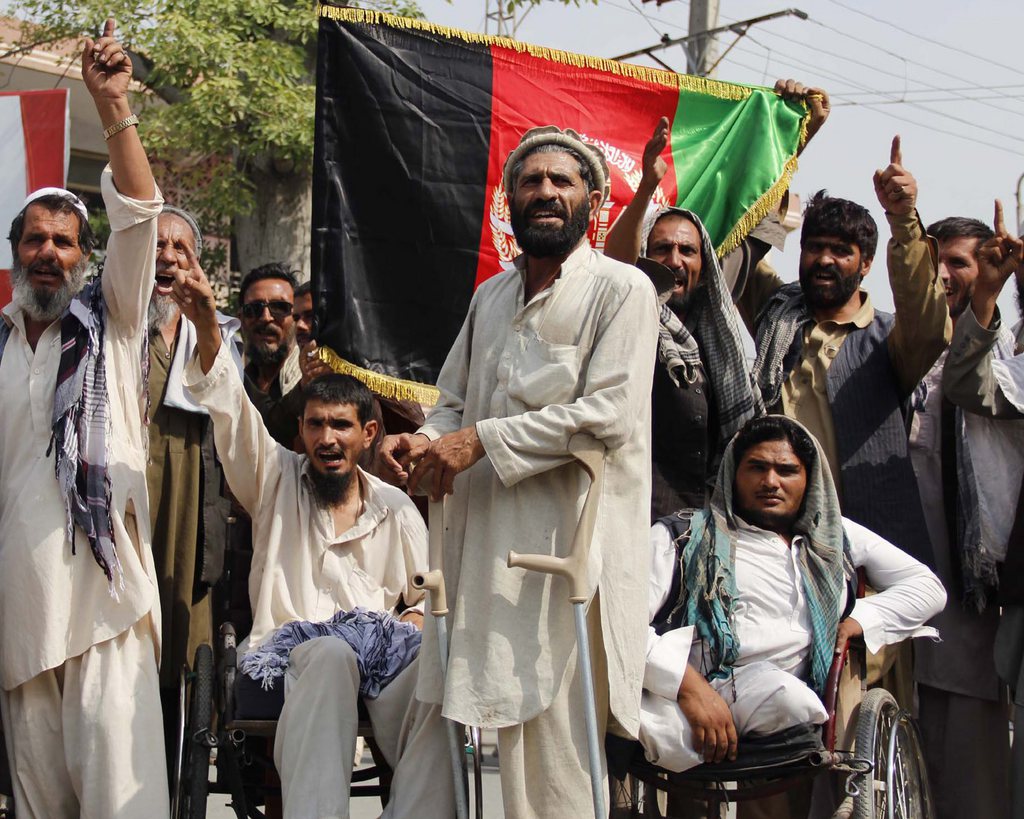Direct democracy makes war-ridden Afghanistan a better place
More than three decades of war has badly affected almost all aspects of life in Afghanistan. It has weakened the reach of government to most parts of the rural areas – but helped a direct democratic renaissance.
In the absence of functional government institutions, people have to handle their problems through existed traditional mechanisms.
One of the oldest Afghan traditional mechanisms is Jirga or assembly that has widely been used for resolving problems at village, district, provincial, regional or even national levels.
The Jirga or assembly usually consists of elites, Maliks and, sometimes religious, leaders and it is convened whenever there is a serious issue to be discussed and resolved. Sometimes the Jirga takes place in an open air and gives an opportunity to the community members to express their views during the decision-making processes.
Masoud is the founder and director of Consumers Rights and Services OrganisationExternal link.
Set up in 2011, the CRSO is the first non-for-profit organisation that promotes consumers rights, value-based competition and direct democracy in Afghanistan
This is very much similar to the Landsgemeinde or communal assemblies which still take place in some parts of Switzerland and gives the people an opportunity to come together to discuss and make decision on certain issues.
The Landsgemeinde is an important inspiration to more modern forms of direct democracy as the initiative and referendum process and has been critical in making Switzerland one of the most participatory countries worldwide.
Female mujahedeen
The overall majority of people in Afghan rural areas might have never heard of direct democracy, but Jirga, which is an important element of it, already exists in their tradition and history.
swissinfo.ch publishes op-ed articles by contributors writing on a wide range of topics – Swiss issues or those that impact Switzerland. The selection of articles presents a diversity of opinions designed to enrich the debate on the issues discussed.
The level of influence of the elites and the absence of women throughout Jirga proceedings has been indicated as the main weaknesses of Jirga.
However, in the past three decades, Jirga has become more inclusive and it has decreased the level of influence of the elites and promoted women participation.
The natural emergence of a number of women leaders, without any external influence in the most traditional Afghan communities, heralds greater changes. Commander KaftarExternal link and Bibi HakmeenaExternal link, who have surfaced as prominent natural community leaders, are very good examples.
Commander Kaftar has not only led her own male fighters and fought against the then government of Afghanistan and the Taliban alike, but as a prominent community leader has also been resolving different problems.
Bibi Hakmeena has emerged as a prominent social figure who leads Jirgas to resolve various problems. Hakmeena, who has an international reputation, was a prominent member of provincial council in eastern Afghan province of Khost.
Gender equality
The Afghan constitution protects both men and women equally and guarantees women’s right to education, political participation and economic activities.
Women have quotas in Wolesi Jirga (the lower house of the parliament) and Masharano Jirga (the upper house of the parliament). Women hold 28% (68 of 249) of the seats in the lower house of the parliament.
The creation of development councils in almost all 31,000 villages in Afghanistan, the election of the councils’ members through secret ballot box and the inclusion of women in these councils have been significant measures to decrease the level of influence of the elites in the decision- making process and to encourage direct participation of women in the shura.
A number of organisations has been supporting the Afghans, especially the Afghan women to ensure their direct participation in social and political activities.
Initiatives, referendum
It deems necessary to formally introduce a more participatory democracy and institutionalise it based on the religious and cultural values of people in Afghanistan where it can improve citizens’ active participation in social, political and economic activities and contribute to welfare of the people and development of the country.
The findings of a studyExternal link, conducted in 2013, indicates that direct democracy through initiatives and referendums helps to improve, if not solve, the principal-agent problems that result in elite capture.
The study also says that there is also no evidence that direct democracy leads to inferior outcomes by preventing elites from exploiting information advantages they may possess regarding the relative benefits of different projects.
“This, in turn, suggests that elites and ordinary villagers support different projects because of different underlying preferences, rather than different information, and that direct democracy can improve the welfare of the general population,” the report highlights.
The views expressed in this article are solely those of the author, and do not necessarily reflect the views of swissinfo.ch. This is a slightly adapted version of the original text which was published in cooperation with People2Power.

In compliance with the JTI standards
More: SWI swissinfo.ch certified by the Journalism Trust Initiative












You can find an overview of ongoing debates with our journalists here . Please join us!
If you want to start a conversation about a topic raised in this article or want to report factual errors, email us at english@swissinfo.ch.